MUHC in the Media - May 1, 2023
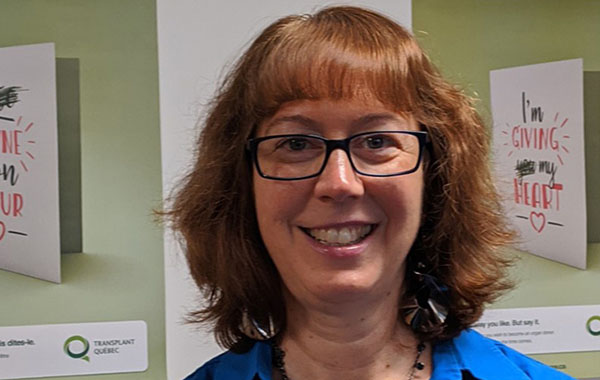
Organ and tissue donation: Anyone can be a potential organ donor
April 23 to 29 was Organ and Tissue Donation Awareness Week. Wendy Sherry, MUHC nurse clinician, spoke with The Beat 92.5 to mark the week and explain why registering to be a donor is so important. The Beat 92.5
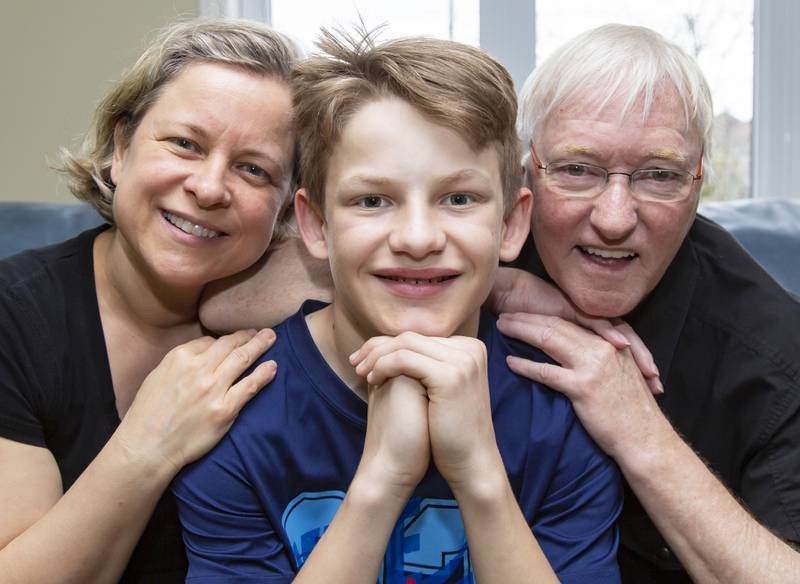
A new kidney for Olivier
Born with kidney failure, Olivier Couture received a new kidney at the age of seven at the Montreal Children's Hospital. Here is his story. Le Soleil

Meningitis makes him deaf
Marcus, 2 years old, has become deaf because of meningitis. The child from Abitibi-Témiscamingue will soon receive a cochlear implant at the Montreal Children's Hospital. TVA Nouvelles
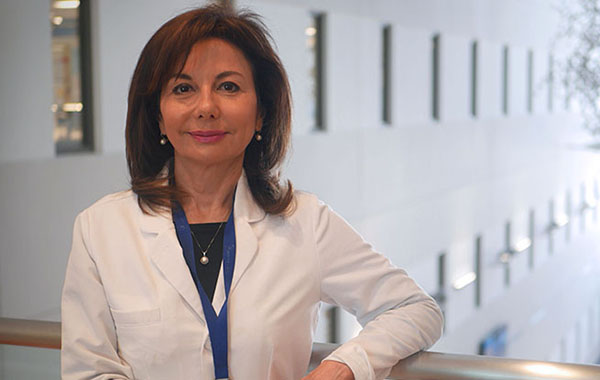
Microdosing drugs: a new trend?
As microdosing of drugs seems to be gaining popularity, Dr. Gabriella Gobbi, a psychiatrist and researcher at the RI-MUHC, talks about the state of scientific research on this topic. Some psychedelic drugs taken in small doses could help reduce anxiety, for example, but more research is needed to understand their full effects. Le Devoir, 98.5 FM
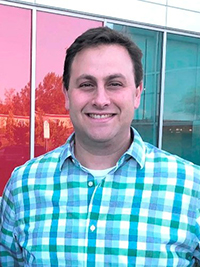
A genetic mutation found to cause chronic lung disease in indigenous children
Dr. Adam Shapiro, a researcher at the RI-MUHC and pediatric respirologist at the Montreal Children’s Hospital (MCH), gave radio interviews (Radio-Canada Alberta, Radio-Canada Côte-Nord) about the discovery of four cases of a rare disease called primary ciliary dyskinesia in unrelated indigenous North American children, caused by identical mutations in the gene DNAL1.
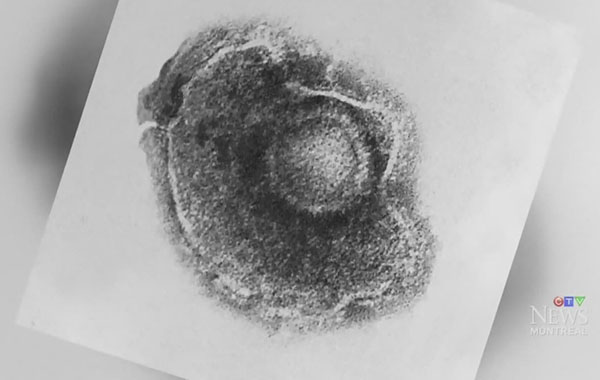
Should Quebec expand free shingles vaccination to more people?

The MUHC opens Quebec’s first multidisciplinary referral centre for multisystem endometriosis
Dr. Dong Bach Nguyen, Obstetrician/Gynecologist at the MUHC, speaks with CBC’s Sonali Karnick on Our Montreal about endometriosis care. Dr. Nguyen is co-director of EndoCARES, or the Endometriosis Centre for the Advancement of REsearch and Surgery, which aims to provide patients suffering from pain and infertility due to endometriosis with timely access to specialized diagnostic imaging, followed by multidisciplinary care based on individual needs. The interview starts at 13:54.
